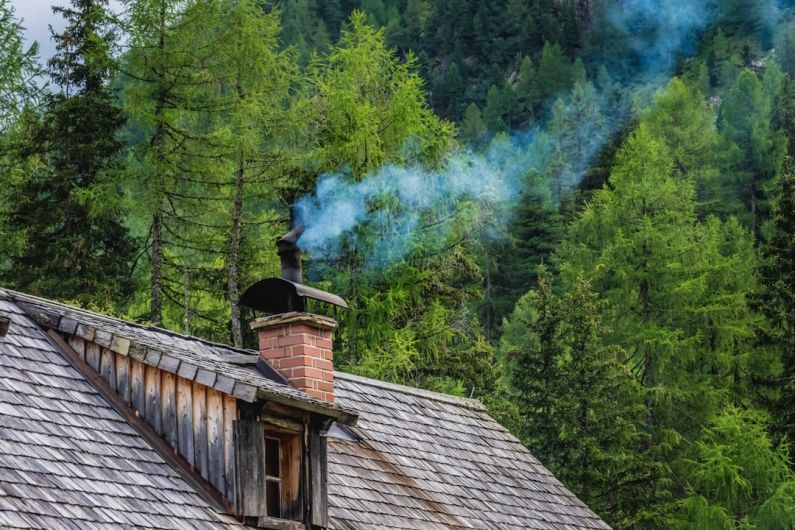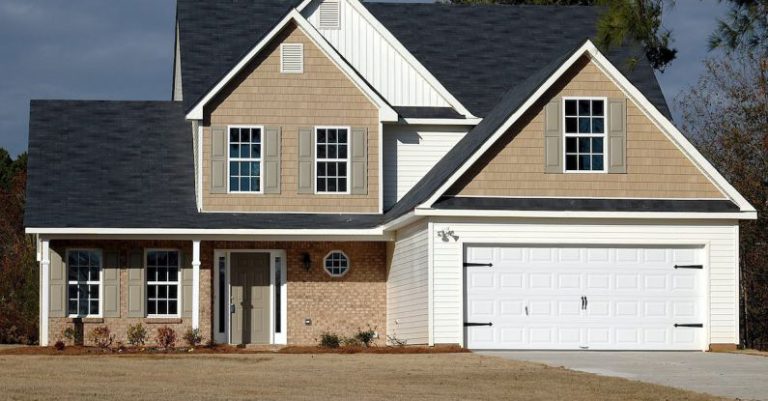What Should You Know before Installing a Chimney?
Installing a chimney in your home is not a decision to be taken lightly. It requires careful consideration and planning to ensure that you choose the right type of chimney for your needs and that it is installed correctly. In this article, we will discuss some important factors that you should know before installing a chimney.
Determining the Purpose
Before you go ahead and install a chimney, it is essential to determine the purpose of the chimney. Are you looking to install a fireplace or a wood-burning stove? Or is it for a gas or oil-fired appliance? The purpose of the chimney will dictate the type of chimney you need, as well as the size and construction requirements.
Choosing the Right Type
There are several types of chimneys available, including masonry, metal, and prefabricated chimneys. Each type has its own advantages and disadvantages, so it is crucial to choose the right one for your specific needs.
Masonry chimneys are made from bricks or stones and are known for their durability and traditional look. However, they can be quite expensive to construct and require regular maintenance.
Metal chimneys, on the other hand, are made from stainless steel or other metals and are often used for wood-burning stoves or gas appliances. They are relatively easy to install and maintain, but they may not have the same aesthetic appeal as masonry chimneys.
Prefabricated chimneys are factory-built and are often made from metal or concrete. They are typically used for gas or oil-fired appliances and are easier to install than masonry chimneys. However, they may not be as durable as masonry chimneys and may require more frequent inspections and maintenance.
Considering the Location
The location of your chimney is another crucial factor to consider. The chimney should be positioned in a way that allows for proper venting of smoke and gases. It should also be placed away from any flammable materials and should comply with local building codes and regulations.
It is also important to consider the height of the chimney. The height should be sufficient to ensure that the smoke is carried away from the house and will not cause any nuisance to neighbors.
Hiring a Professional
Installing a chimney is not a DIY project. It requires specialized knowledge and expertise to ensure that the chimney is installed correctly and safely. Hiring a professional chimney installer is highly recommended to ensure that the job is done properly.
A professional chimney installer will have the necessary knowledge and experience to choose the right type of chimney for your needs, as well as the expertise to install it correctly. They will also be familiar with local building codes and regulations and will ensure that your chimney is compliant.
Maintenance and Safety
Once your chimney is installed, it is important to prioritize regular maintenance and safety measures. Regular chimney inspections and cleanings are essential to remove any creosote buildup or blockages that could pose a fire hazard.
It is also important to practice proper safety precautions when using your chimney. Always use a fireplace screen or glass doors to prevent sparks from flying out. Make sure to use only dry and properly seasoned wood for wood-burning stoves or fireplaces, as wet or unseasoned wood can lead to excessive smoke and creosote buildup.
Conclusion: Making an Informed Decision
Installing a chimney is a significant investment, both in terms of cost and safety. By understanding the purpose, choosing the right type, considering the location, hiring a professional, and prioritizing maintenance and safety, you can make an informed decision and ensure that your chimney serves its purpose effectively and safely for years to come.






